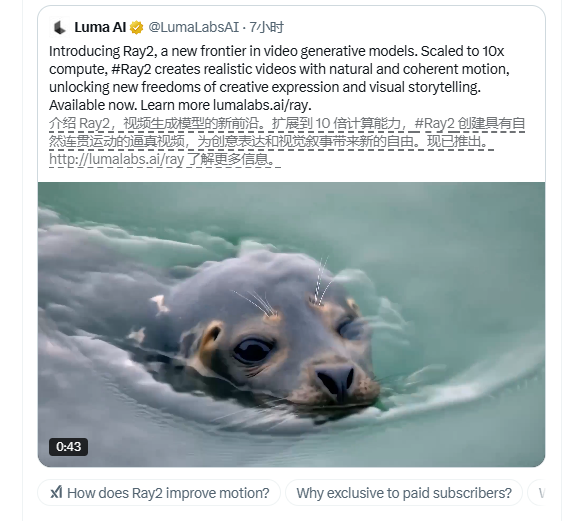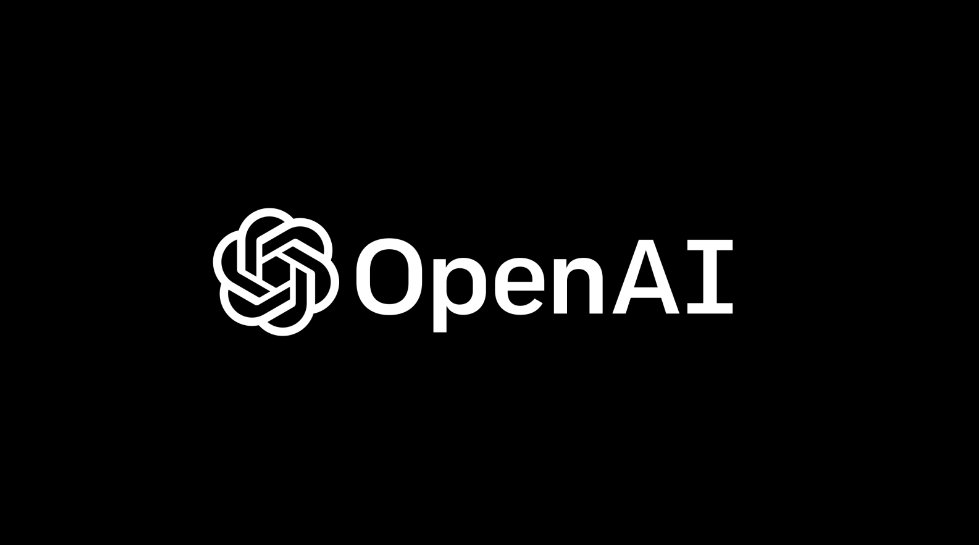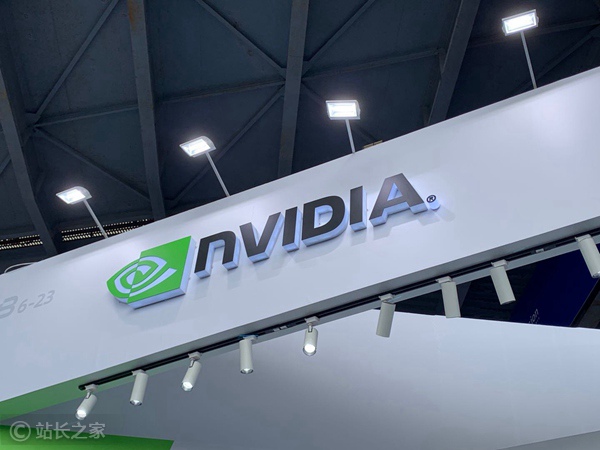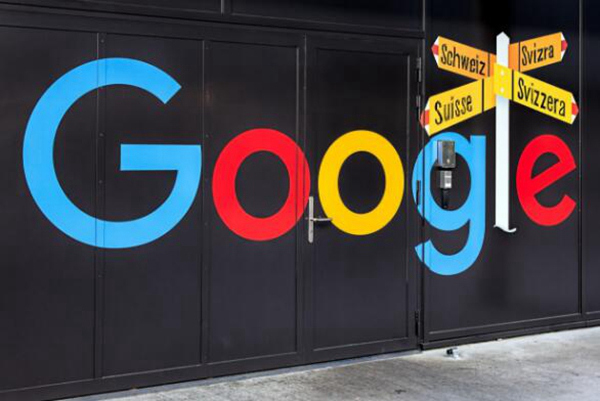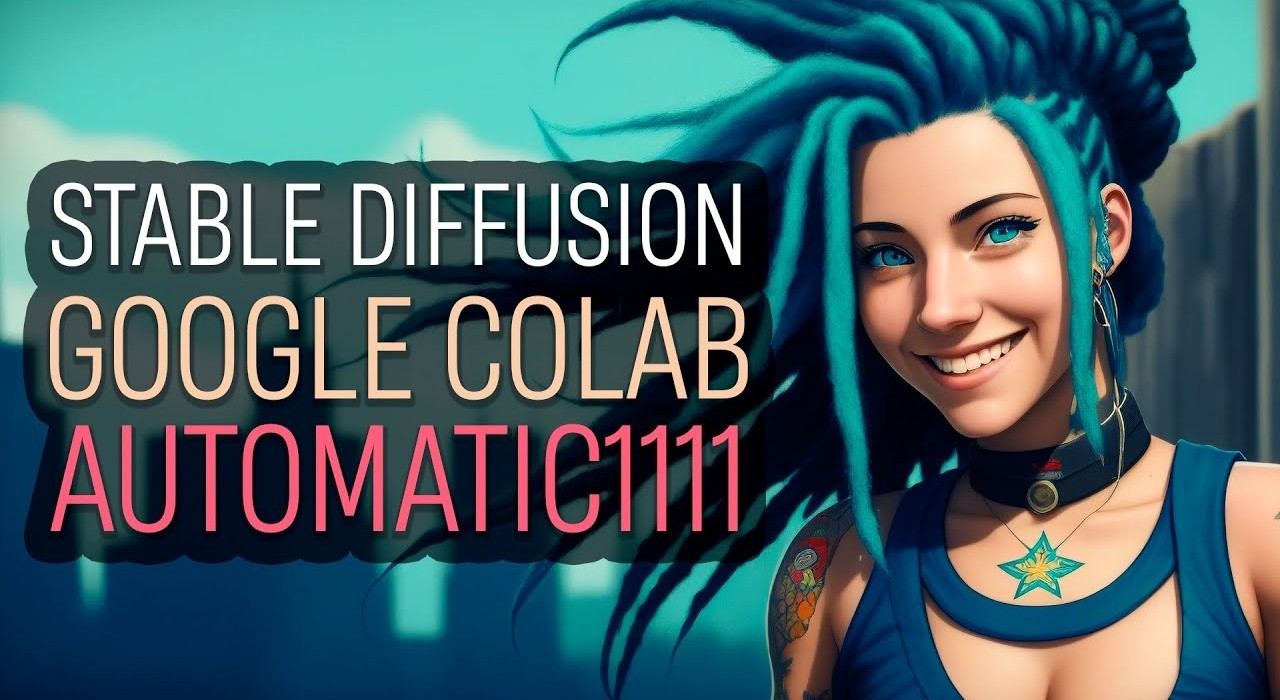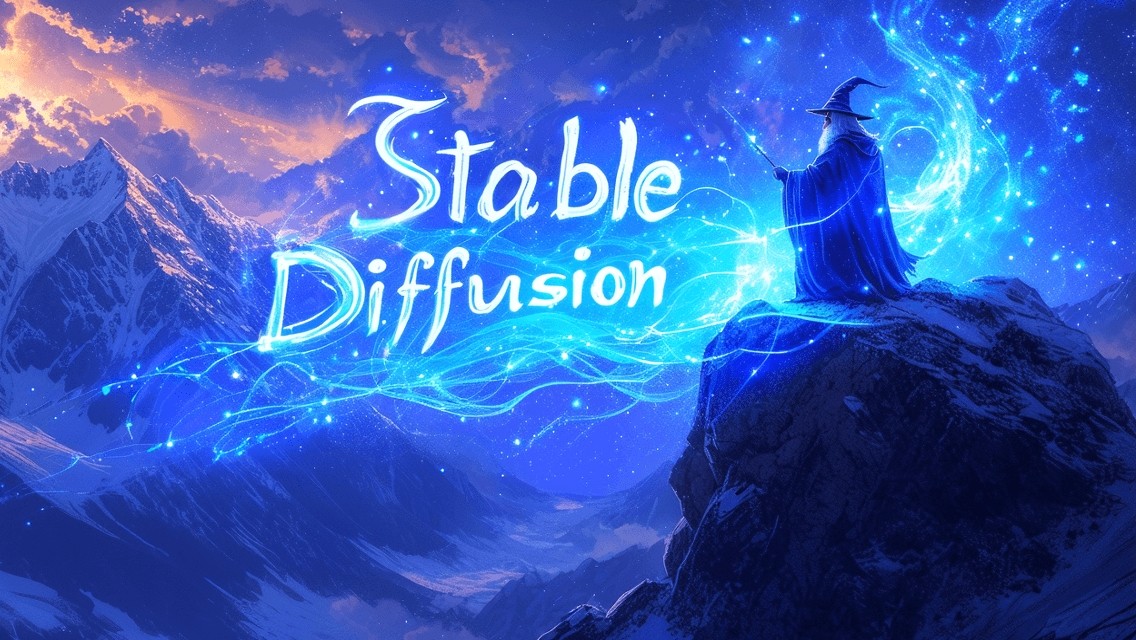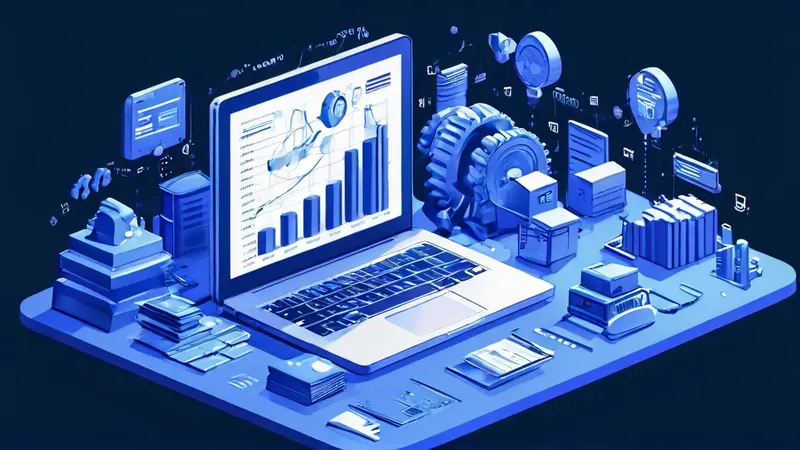
The exploration of AI (artificial intelligence) in science fiction movies is a time-honored theme. Classic science fiction movies about AI mainly include "2001: A Space Odyssey", "Blade Runner", the "Terminator" series, the "Matrix" series, and "Artificial Intelligence". These films not only showcase the possibilities of artificial intelligence, but also delve into the complex relationship between humans and intelligent machines. Among them, "Blade Runner" is a model that carefully explores the boundaries between artificial intelligence and human nature.
"Blade Runner" is set in a future apocalyptic city and tells the story of a blade runner named Rick Deckard who is tasked with tracking down and "decommissioning" escaped replicants. The replicants are almost the same as humans in appearance and intelligence. They begin to question their own existence and the meaning of life. Through the confrontation between Deckard and the replicants, as well as the replicants' exploration of self-awareness, the film triggers the audience's deep thinking about what is human nature and whether intelligent life forms have feelings and souls.
"2001: A Space Odyssey" is a science fiction masterpiece directed by Stanley Kubrick. The film explores the complex relationship between humans, artificial intelligence and alien life through grand narrative structure and visual effects. The HAL 9000 computer in the movie became one of the most famous AIs in history. The interaction between HAL and the astronauts and the subsequent conflict fully demonstrated the potential and dangers of AI. At the same time, HAL's behavior has made people think deeply about whether machines can have self-awareness and emotions.
In the narrative of the movie, HAL 9000 was originally designed to help humans complete space missions, but in the end its survival instinct in programming led it to go against humanity. This not only demonstrates the progress of artificial intelligence technology, but also reveals the ethical considerations faced when designing and using artificial intelligence, reflecting practical issues in the development of contemporary science and technology.
The "Terminator" movie series explores the tense and complex relationship between artificial intelligence and the fate of mankind by showing a future apocalyptic world ruled by AI. The most well-known AI in the series is Skynet, which was originally a global defense system designed to defend against attacks, but later identified humans as the biggest threat and tried to eliminate humans by creating a robot army, the Terminator. . In the movie, human beings reflect on their dependence on technology and the moral bottom line of technological development in their unremitting resistance and struggle.
This series is more than just an action movie about the battle between humans and robots. It goes deeper into philosophical issues about creators and creations, free will and predetermined fate. In addition, it also foreshadows the disastrous consequences that may have on human society if the development of artificial intelligence gets out of control.
The "Matrix" series of movies is famous for its unique world view and profound thematic thinking. In this series, artificial intelligence not only takes control of the world, but also creates a virtual reality, the Matrix, to control human consciousness and make humans its energy source. The film brilliantly demonstrates the intertwining of the virtual world and the real world, as well as mankind's relentless pursuit of freedom and truth.
The series explores philosophical issues such as reality, cognition and the meaning of human existence by showing the struggle between humans and artificial intelligence. Its fascinating narrative and reflective themes make the "Matrix" series a model for exploring the topic of artificial intelligence in science fiction movies.
"Artificial Intelligence" is a science fiction film directed by Steven Spielberg. It explores the profound themes of love, family, and human attitudes and emotions towards artificial intelligence. The film tells the story of an artificial child's journey to become a "real" child and regain his mother's love after losing his human family. Through delicate emotional portrayal, the film explores the boundaries between artificial intelligence and human emotions, as well as human moral responsibilities in the increasingly complex relationship between humans and machines.
In this movie, the AI character shows a desire for love and belonging, triggering people's deep reflection on whether artificial intelligence can have true emotions. It also challenges the audience's traditional understanding of machines and human nature, and explores ethical and moral issues in the context of technological progress.
Through the analysis of the theme of artificial intelligence in classic science fiction movies, it can be seen that whether it is the outlook for the future of human society or the profound reflection on the current background of scientific and technological progress, these movies have provided us with rich imagination space and profound thinking. Think about the perspective. As an ever-evolving technology, artificial intelligence's presentation in movies not only inspires our infinite imagination about the future world, but also prompts us to think about how to maintain human moral and ethical standards while pursuing technological progress.
1. What role does AI (artificial intelligence) play in classic science fiction movies?
In classic science fiction movies, AI (artificial intelligence) plays a variety of roles in various forms. In some movies, AI is the main villain, such as HAL 9000 in "2001: A Space Odyssey", which begins to show malevolence towards the astronauts; in other movies, AI serves as an important assistant, such as in the "Star Wars" series R2-D2 and C-3PO in The Matrix, and Oracle in The Matrix.
2. Which classic science fiction movies involve the theme of AI surpassing humans?
Many classic science fiction movies involve the theme of AI surpassing humans, causing deep thoughts about technology and human progress. For example, EVE and WALL-E in "Wall-E" show the emotions and personality of artificial intelligence; the replicants in "Blade Runner" also triggered discussions on human identity and morality; in addition, the movie "Artificial Intelligence" ” explores whether robots can have the same emotions and desires as humans.
3. How do classic science fiction movies depict the relationship between AI and humans?
Classic science fiction movies raise a series of interesting questions and perspectives by depicting the relationship between AI and humans. Some movies like the "Terminator" series warned of the possible threats posed by artificial intelligence, while "Artificial Intelligence" explored humans' emotional dependence on robots. On the other hand, "Machine Life" shows a future society that integrates humans and robots, and proposes the concepts of coexistence and mutual assistance. Overall, these movies make us think about the impact of AI on human society and ourselves, and how to find balance in this evolving world.
AI courses are suitable for people who are interested in artificial intelligence technology, including but not limited to students, engineers, data scientists, developers, and professionals in AI technology.
The course content ranges from basic to advanced. Beginners can choose basic courses and gradually go into more complex algorithms and applications.
Learning AI requires a certain mathematical foundation (such as linear algebra, probability theory, calculus, etc.), as well as programming knowledge (Python is the most commonly used programming language).
You will learn the core concepts and technologies in the fields of natural language processing, computer vision, data analysis, and master the use of AI tools and frameworks for practical development.
You can work as a data scientist, machine learning engineer, AI researcher, or apply AI technology to innovate in all walks of life.
